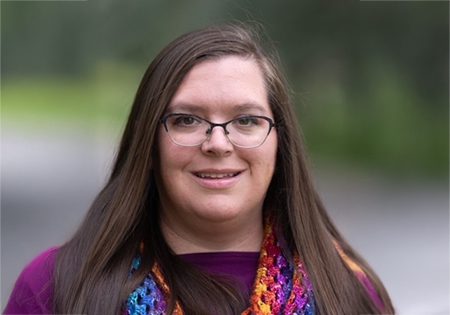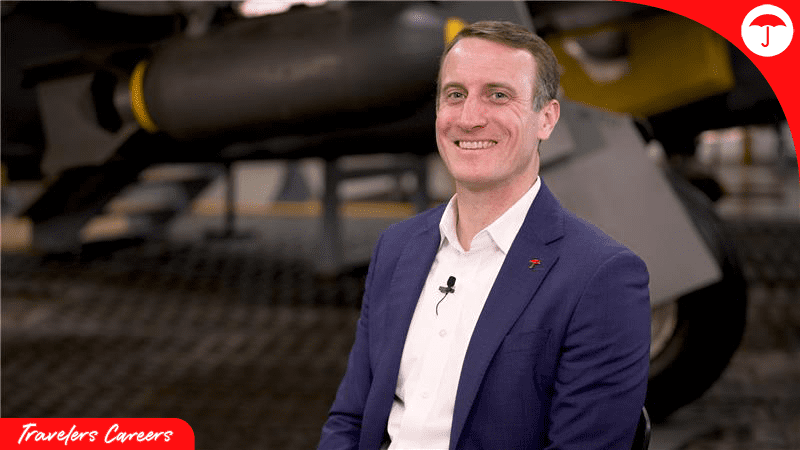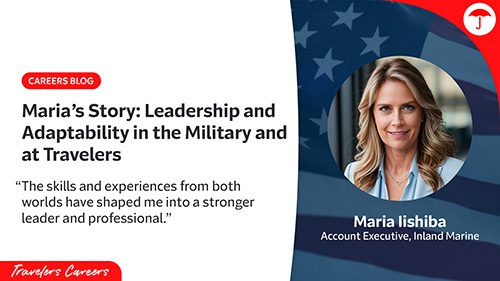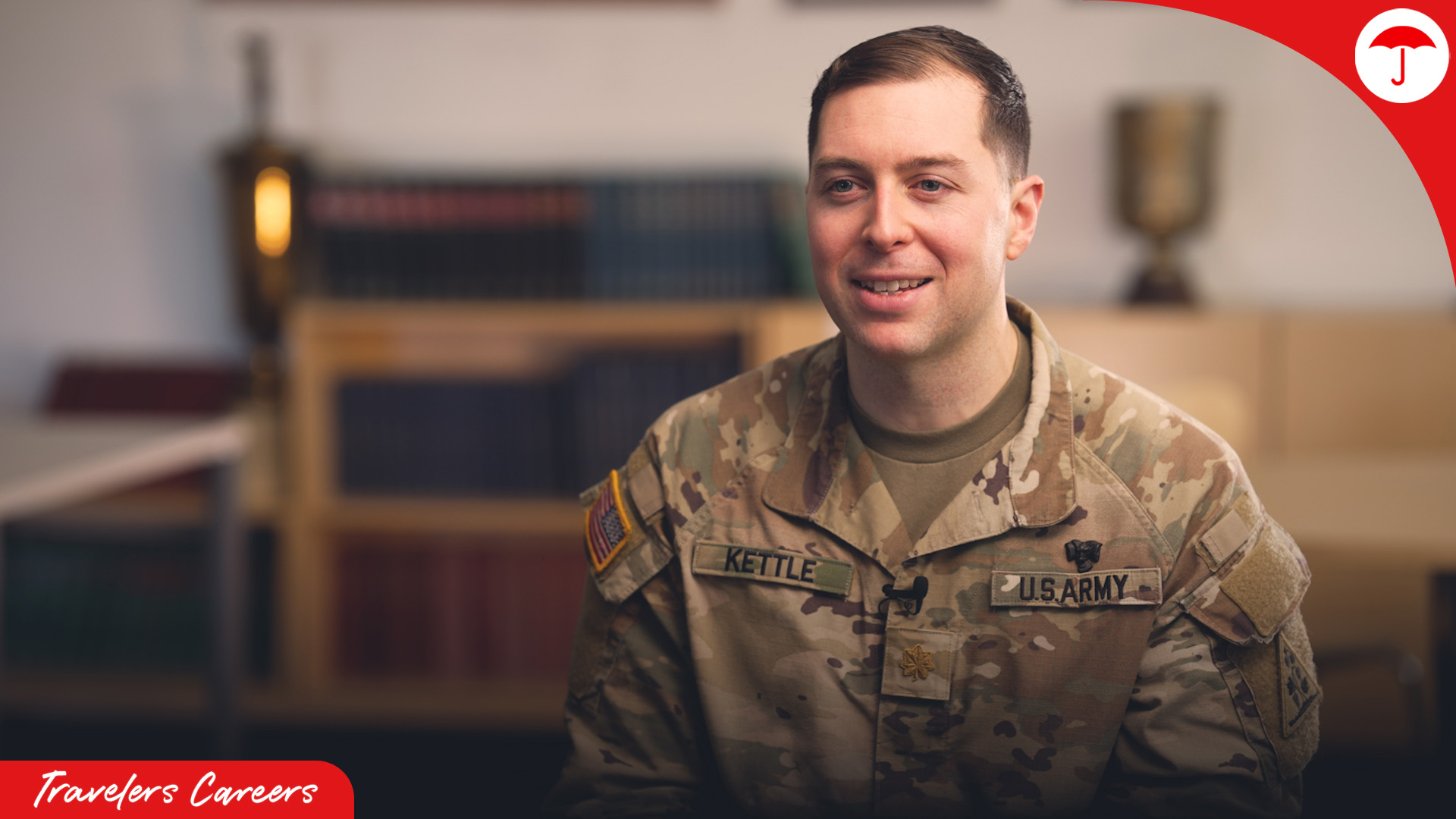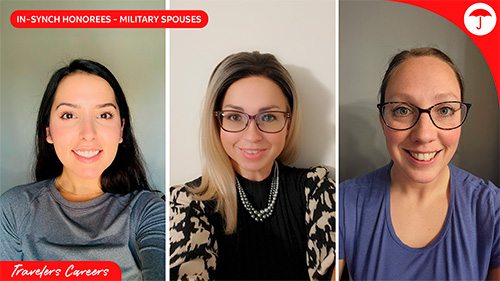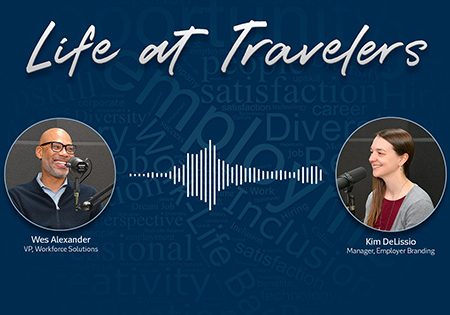Travelers EDGE® Graduate Series – Bonnie Jo Hansen
Since 2007, Travelers EDGE® (Empowering Dreams for Graduation and Employment) has provided a unique, sustainable school-to-career pipeline for hundreds of students. Hear from Travelers EDGE graduate Bonnie Jo Hansen as she describes her career journey.

